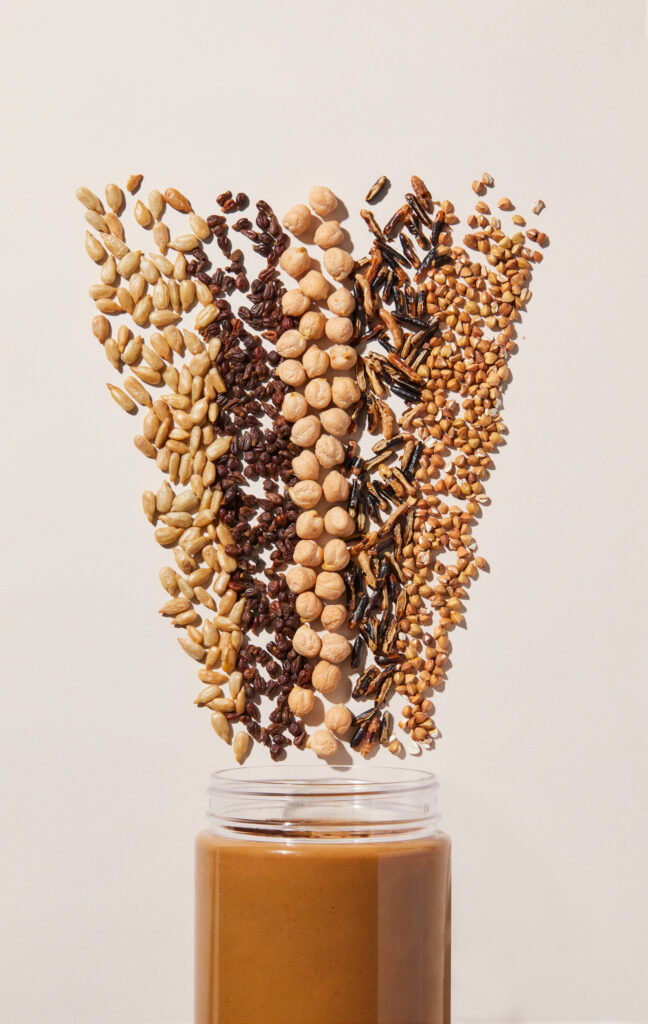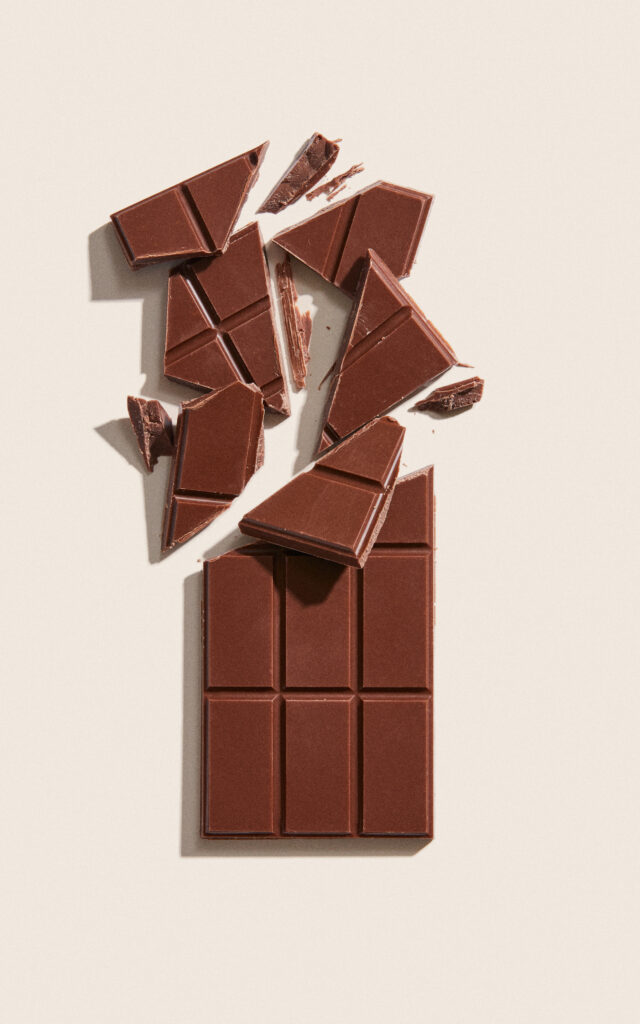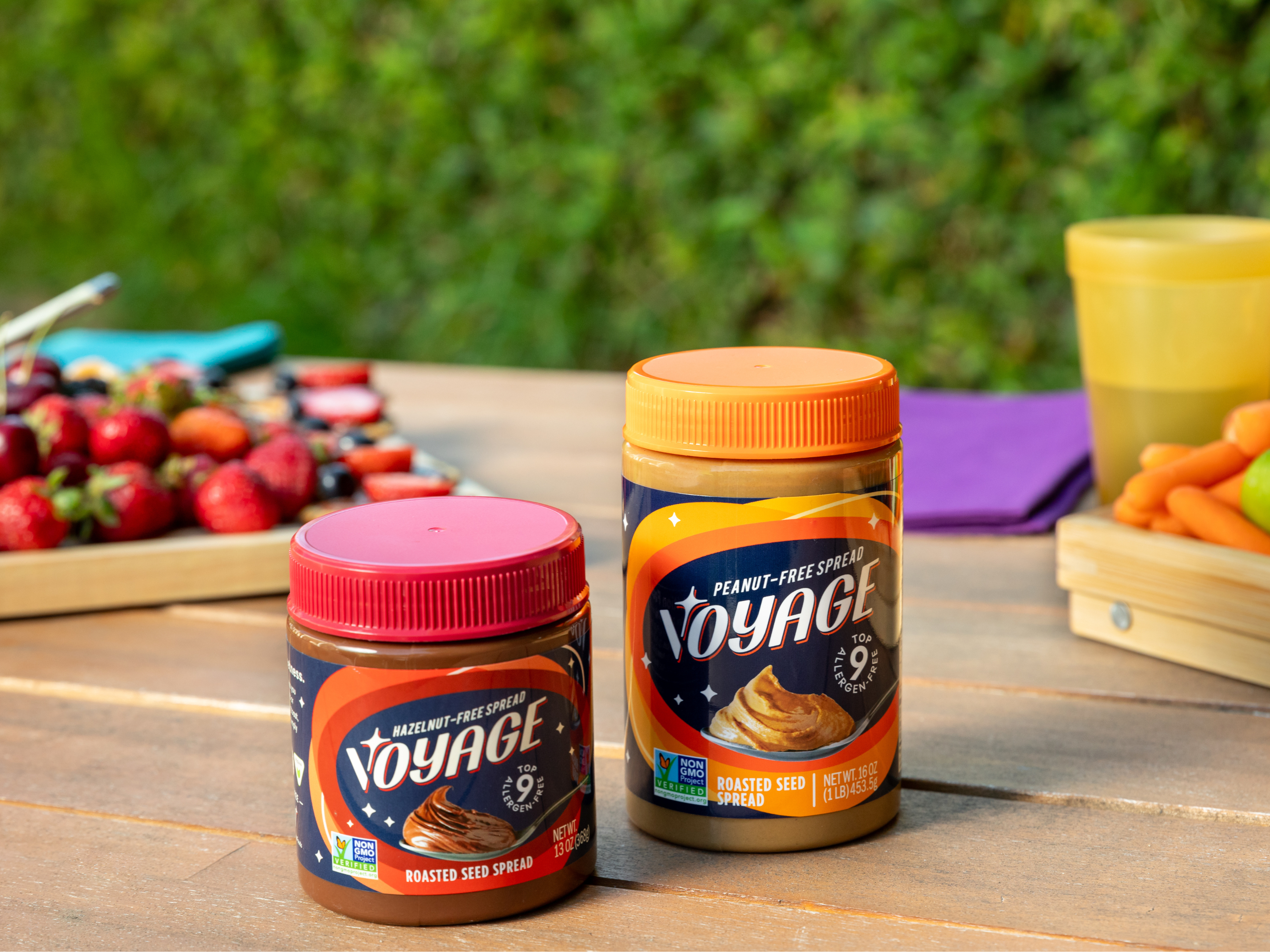US Govt Loans $25M for Voyage Foods to Build Large Cocoa-Free Chocolate Factory
4 Mins Read
US food tech startup Voyage Foods is set to open a large-scale manufacturing facility for its ethical pantry staples, aided by a $25M loan from the government.
Recognising the vulnerability of the global cocoa supply, the US Department of Agriculture (USDA) has invested around $25M to help California’s Voyage Foods build a large factory for cocoa-free chocolate products.
The 284,000 sq ft facility in Mason, Ohio will have the capacity to produce 10,000 tonnes of cocoa-free chocolate annually, alongside the startup’s nut-free spreads and beanless coffee.
The USDA is partially funding the plant through its guaranteed loan programme, which has set aside $1B for rural businesses to meet their working capital needs. Businesses can be headquartered anywhere in the US, but the project seeking the loan must be in a rural area with a population of under 50,000.
“We received the loan this summer,” reveals Voyage Foods founder and CEO Adam Maxwell. “The loan allows Voyage to open our own facility hand in hand with the USDA’s backing.”
The factory is also being supported by the $52M Series A+ round Voyage Foods closed in May. “We’re on track for the facility construction and equipment installation to be complete by the end of 2024,” Maxwell tells Green Queen. It is expected to be operational in the new year.
Sustainable takes on carbon-heavy foods

Maxwell established the company in 2021, aiming to secure the future of environmentally intensive pantry ingredients through inexpensive crops. It sells cocoa- and nut-free peanut butter and chocolate-hazelnut spreads in over 1,400 locations nationwide, made from ingredients like sunflower seeds, grape seeds, chickpeas, buckwheat, and more.
It also makes beanless coffee made from roasted chickpeas and rice hulls. By relying on cheaper and more stable raw materials, and making use of agricultural byproducts, the company is aiming to lighten the planetary impact of foods like chocolate and nuts, while also catering to allergies.
Dark chocolate is the most polluting food after beef and a major driver of deforestation, while nuts take up large amounts of water for production. While contributing to the climate crisis, both industries themselves face threats from climate change, which is why low-impact alternatives are becoming increasingly important.
For its cocoa-free innovations, Voyage Foods uses a proprietary technology to turn a base of grape seeds, sunflower protein, RSPO-certified palm oil and shea kernel oil into a chocolate-like compound product. An independent life-cycle assessment has found that its non-dairy milk chocolate produces 84% fewer emissions compared to conventional options, while its semi-sweet chocolate reduces GHG emissions by 81%.
They also use 99% less water to produce. If just 5% of the world switched to its cocoa-free chocolates, it would lower emissions equivalent to removing between 1.5 and 1.8 million cars from the road annually and save between 500,000 and 1.2 million Olympic-sized swimming pools’ worth of water. This has led analysts to call its products “the most sustainable chocolates ever to come to market”.
Voyage Foods spearheads the cocoa-free chocolate space

To date, Voyage Foods has raised $94M from equity investors, making it the best-funded player in both the cocoa-free chocolate and beanless coffee sectors.
This year, it also signed a deal with Cargill, the largest privately held company in the US. The agricultural giant has become Voyage Foods’ exclusive B2B distributor globally, giving clients access to the cocoa-free chocolate and nut-free spreads, with initial launch plans slated for Europe.
“We are incredibly dedicated to our commercial partnership with Cargill. Voyage’s innovative technology coupled with Cargill’s global reach will allow us to bring our products to the world,” says Maxwell.
The cocoa-free chocolate maker will continue to manufacture in its 25,000 sq ft plant in Oakland, but the much-larger Ohio factory will help supply the products to Cargill and deliver on new CPG and foodservice partnerships.
“With this new facility, Voyage is maturing from a startup food technology company to a large-scale manufacturer with the ability to deliver value across the entire ecosystem to our people, partners, and the planet,” says Maxwell.
He declined to share information about the company’s financial performance, but said in May that its sales had been increasing every month. The factory will take things up a notch, with the hope of strengthening its leadership among cocoa-free competitors like Win-Win (formerly WNWN Food Labs), Planet A Foods, Foreverland and Nukoko.
Looking ahead, Maxwell says getting the facility operational and building a team is a key priority for the business: “This is an important component of delivering on opportunities that are in front of us, and meeting consumer and commercial demand in B2B, foodservice, and retail distribution channels.”



